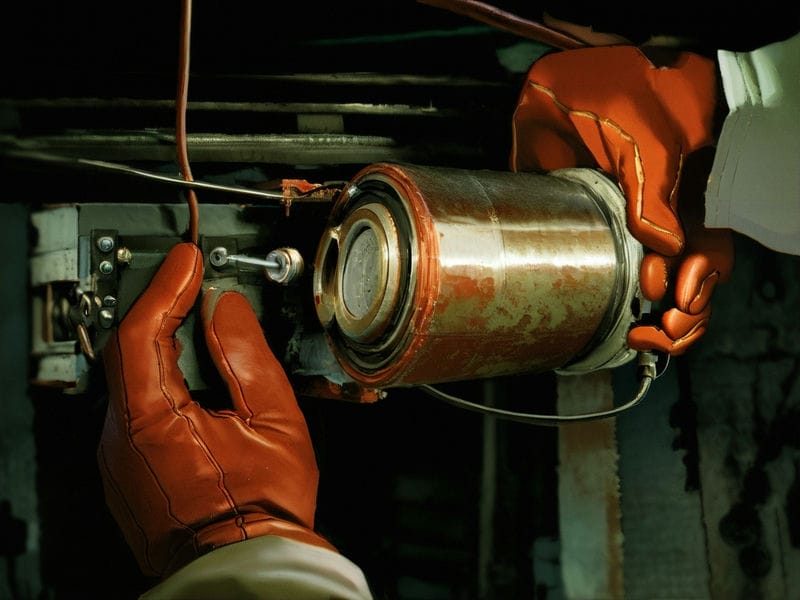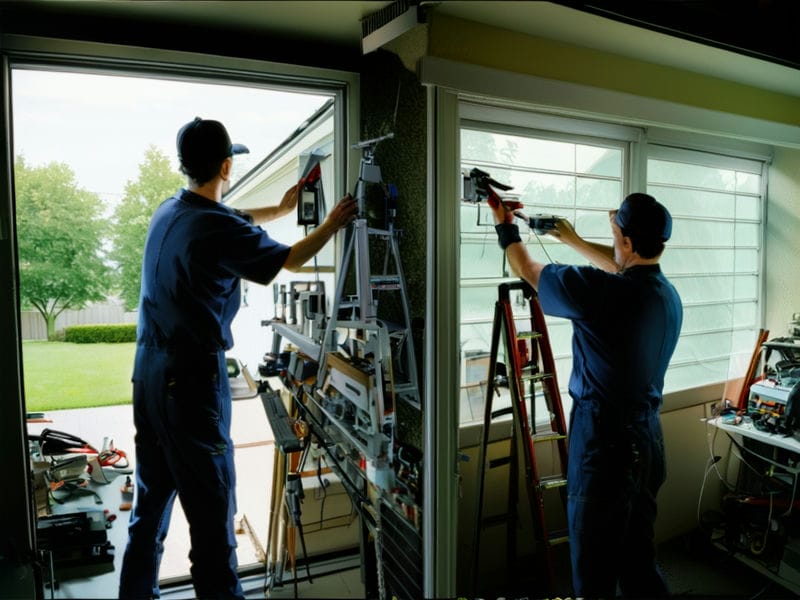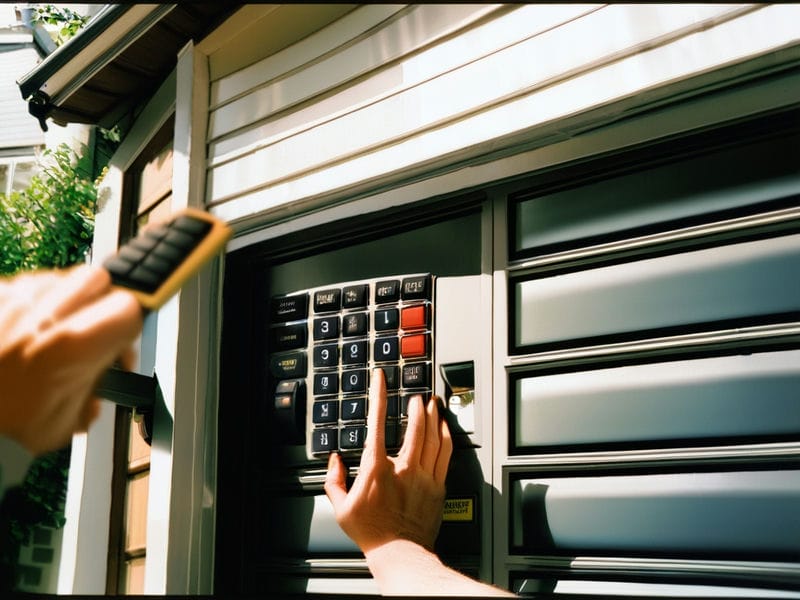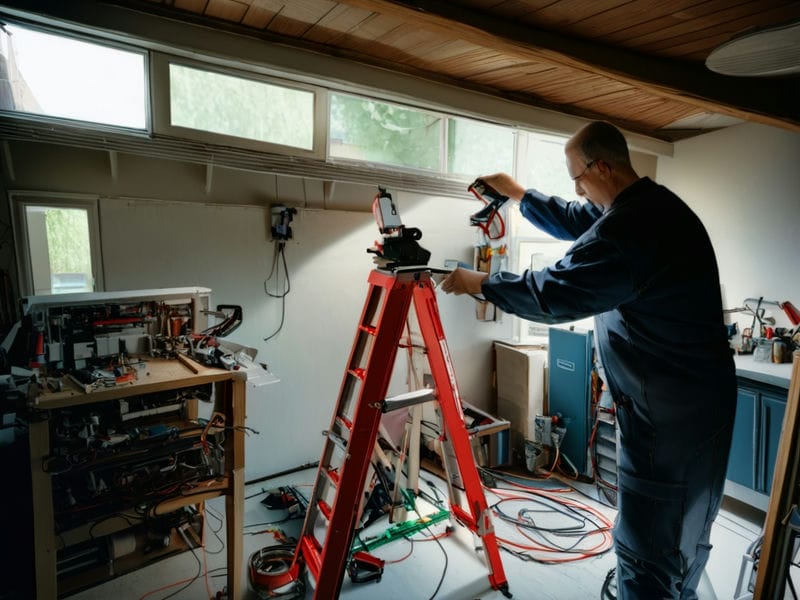
Analyzing the Structural Integrity of Garage Doors
Overview of different types of garage doors available
When it comes to the construction of garage doors, there are a variety of common materials that are often used. These materials play a crucial role in determining the overall structural integrity and durability of the garage door.
One of the most popular materials used in garage door construction is steel. Steel is known for its strength and durability, making it an excellent choice for those looking for a sturdy and long-lasting garage door. Steel doors are also relatively low maintenance and can withstand harsh weather conditions.
We install both residential and commercial garage doors Common Mechanical Failures in Garage Door Systems experience. Our team provides routine garage door lubrication repair garage door metal.
Another commonly used material in garage door construction is wood. Wood garage doors offer a classic and timeless look that can enhance the curb appeal of any home. While wood doors are aesthetically pleasing, they do require more maintenance than steel doors as they are susceptible to warping, rotting, and insect damage.
Aluminum is another material that is frequently used in garage door construction. Aluminum doors are lightweight, corrosion-resistant, and require minimal maintenance. However, aluminum doors may not be as strong or durable as steel or wood doors.
Fiberglass is also sometimes used in garage door construction due to its resistance to moisture and insects. Fiberglass doors are lightweight and low maintenance but may not be as strong as other materials.
In conclusion, the choice of material for your garage door will ultimately depend on your individual preferences, budget, and desired level of maintenance. Each material has its own unique advantages and disadvantages when it comes to structural integrity and overall performance. It is important to carefully consider these factors when selecting a material for your garage door to ensure that it meets your needs and expectations.


